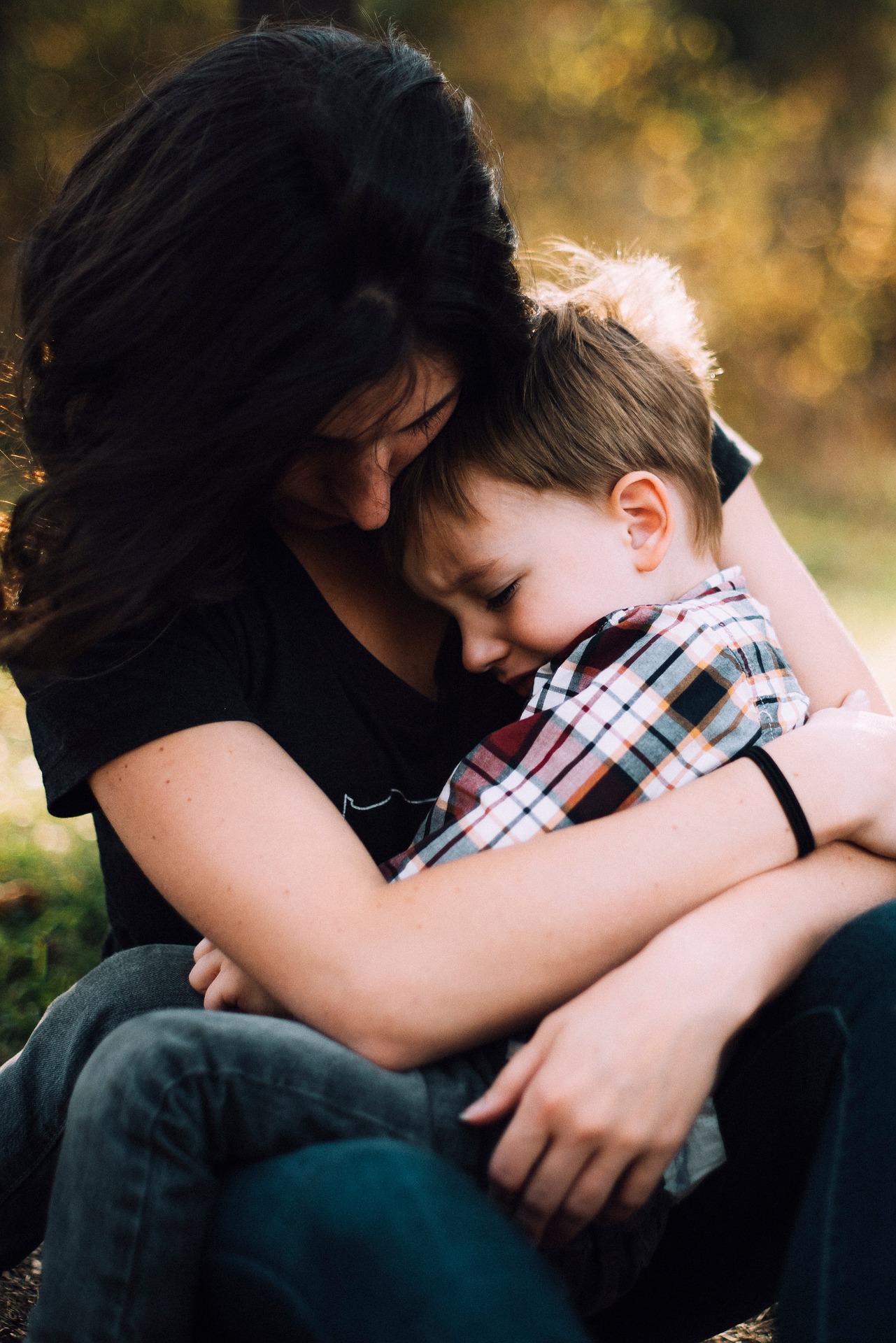How great it is to live in a world where information is always at our fingertips. But having access to all the information can be a curse, especially when it’s not filtered. I am not just talking about pornographic content, I’m talking about the news. The terror attacks, the natural disasters, all the scary stuff that is unfortunately out of our control and our kids are exposed to and in need of our guidance.
A few years ago while my kids were in elementary school. The horrible massacre at Sandy Hook Elementary School happened. I remember struggling with the questions of “what am I supposed to tell them?”
“Do I tell them at all? But what if they hear about it some place else?”
My worst fear was, I didn’t want them to feel unsafe. I struggled with how to tell them but still make them feel safe?
From my experience with my own children, children younger than 8, unless have to ,do not need to know.
Which means if you want to stay informed be discreet. Do not open the TV or radio on any news channel. Not all information is relevant to them.
Those horrible images, and repetitive talks on TV makes it more real and brings it closer to home.
If your child has access to the internet, surf it with them and make sure the content is relevant.
How do I share the news?
Unfortunately my kids were younger than 8 at the time. We lived closed by to where it happened, and I had to speak with them. At our school the issue was not addressed unless the child or parent asked for it. My husband and I knew it was just a matter of time before our kids hear about it so we initiated the talk.
- The most important tip I can share is to stay calm and rational when you have that talk. They will copy you. If you remain calm they will too.
- Say that your family is safe and that they are safe. I cannot stress that enough. It’s important that they feel safe, and who if not you can tell them that. This is also when showing physical affection goes a long way. Cuddle, hug, make them feel that you are here to keep them safe.
- Explain to them in their own level the basics of what happened and encourage them to ask questions. Answer only what they asked and in their knowledge base. No need to add scary details they do not need to know.
- Try to get your kids to speak more than you, listen to their fears. It’s okay to. say to your kids that you don’t have all the answers. But be as reassuring as possible and figure out things together.
- If necessary, use “appropriate” images of the tragedy as a jumping off point for conversations.
- For very young children, give crayons and paper and just let them draw. You can also use dolls or actions figures and let them play how they feel. This is a healthy tool that will allow them to tell you what is going on in their minds.
This is an ongoing dialogue with the kids. Don’t make your discussion a one time talk. It has to be a series of conversations. They may have questions or concerns while doing things they enjoy, cooking, playing ball, watching TV, etc.
Sharing the news with teens
When we talk about teen age kids, the reality is that they probably already know what happened.
It doesn’t mean that you don’t need to speak with them. Exactly the opposite. Check in with them.
Many teens will feel passionately about events and may even personalize them if someone they know has been directly affected. They’ll also probably be aware that their own lives could be affected by violence. Try to address their concerns without dismissing or minimizing them.
We all cope with events differently. Kids are no different. It’s your job as their parent to be there for them.
You, as a parent should ask for help too
If you feel that you or them need extra support do not hesitate to ask for help.Horrible news affect us all. I consulted at the time with the school psychologist, but your pediatrician, social services are good resource as well. They are all here to help.
For more information on how to talk to your kids about a recent tragedy, please visit the National Association of School Psychologists or the American Psychological Association.
Originally published at medium.com


